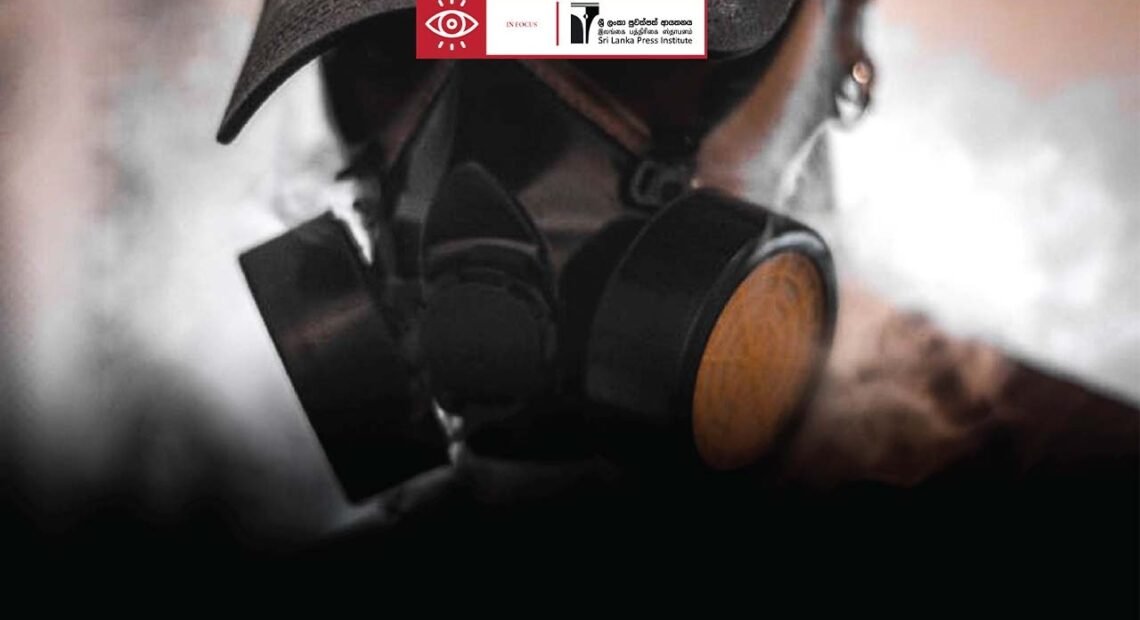Dilhani Thantirimudalige
“Food and medicine are not two different things: they are the front and back of one body. Chemically grown vegetables may be eaten for food, but they cannot be used as medicine.”
Masanobu Fukuoka, The One-Straw Revolution
The recent decision to ban the use of chemical fertilizer on farmlands is seen as a timely intervention by the majority of people except by the farmers. There is a clear debate about the pros and cons of the sudden decision. It is only natural for some farmers to think of quitting their agricultural pursuits as a result of this, in the future.
Bhutan has already banned Chemical fertilizer from its farmlands. Australia and China are also going big on organic cultivation. We see it fit to take such measures only because of the great dependency farmers have on chemicals for growing paddy and vegetable crops in Sri Lanka. They use pesticides, herbicides, and chemical fertilizers extensively and this has become a vicious cycle killing the nutrients within the soil over a period of time.
Chemical Fertilizer was first introduced to Sri Lanka in 1950 for tea plantations. It was only after 1962 that paddy and vegetable farmers began using synthetic fertilizer. This brought a double-fold harvest to crop cultivation. Ever since farmers have depended on imported chemical fertilizers. Each government in power has granted more and more subsidized fertilizer as the population increased and thus supplying for the food demand.
Food Safety and Food Security
There are two approved fertilizer corporations that import fertilizer for subsidized rice production and 92 other private companies that import fertilizer for other field crops. It is the duty of the National Fertilizer Secretariat to do sample testing of these imports at the port. However, these fertilizer corporations mix these certified fertilizers containing NPK with prohibited ingredients that are harmful to humans as well as the soil. These illegal products are not registered by the National Fertilizer Secretariat. There are nearly 190 pesticides in the market out of which only 4 types have gone through the certification test. These tests are carried out to check the PH values, floatability and heavy metal content such as mercury, lead, arsenic and cadmium.
The extent of paddy cultivated land is approximately 708 hectares. Paddy grown exclusively under the influence of chemical fertilizer is 66.8%; those who use chemical and organic Fertilizer amount to 32.9% and only 0.02% use organic fertilizer for paddy cultivation. The total number of the sown extent of paddy cultivation using pesticides is 74% and weedicide usage is 84% while only 12% adhere to traditional methods of uprooting weeds by hand.
There is no question about the degree of harm caused by these chemicals to our food supply. However, with the ban comes a host of problems that have no immediate remedy. Fruits and vegetables that grow without the influence of chemical fertilizer may not season fast enough. Therefore it is estimated that the supply will drop by 50%. Sri Lanka may even have to resort to importing homegrown food.
Way Forward
The Department of Agriculture needs all the support they can get to implement the organic farming program that every citizen in this country envisions. There is no time left to point fingers at previous governments. There were only two parties ruling this nation for 73 years from time to time and they have fallen short to uplift the farmer. If Sri Lanka stops importing chemical fertilizer there is a saving of approximately US$ 221 million according to President Rajapakse at a recent press conference.
Farmers in Sri Lanka face inestimable problems such as droughts, floods, plant plaques, and wild elephants. The state has had no proper mechanism to provide insurance, compensations, or a pension scheme for those who have been engaging in cultivation all their life. Such incentives will make cultivation more attractive. The savings incurred from the ban on importing fertilizer could be utilized as a startup phase of a pension scheme to secure the farmer first and foremost.
The next big problem farmers face is finding buyers for their crops in due time of harvest. The government must put into place proper channels for collection and marketing crops. This will relieve the farmer from the burden of finding buyers themselves. In times such as the Corona pandemic, the government must buy the crops from the farmer and distribute it among markets.
The Agriculture Department could also study and incorporate learnings from countries like Bhutan, Australia, and Japan who have similarly switched from chemical fertilizer to organic fertilizer. Small farming communities in Trincomalee are already being supported by an NGO funded by Japan to promote organic farming. First, they have been told how to make a good compost pit. This program was launched in 2020 due to Covid and the limitations of fertilizer imports and distribution.
A banana cultivator S. Nissanka ( 42) from Raajanganaya said he began preparing his compost pit as soon as he heard about the news of the ban. It is the same news that led K. Dharmaratne (54) of Hambantota to expand his compost pit with enough manure for his paddy cultivation.
The Department of Agriculture will have to beef up the capacity of their extension officers. The Department will have to engage in more research on integrated pest control, develop efficient testing tools to measure pesticide and chemical fertilizer damage and support the farmer to restore the contaminated soil. The Department should also perform more soil testing before issuing chemical fertilizer to farmers according to the need. None of this can be done in a hurry and it is difficult no doubt to change a system and a way of life. It is easier to release a Gazette overnight than getting the job done. However when you weigh the benefits of a chemical-free food supply, it’s worth thinking that it is possible!









